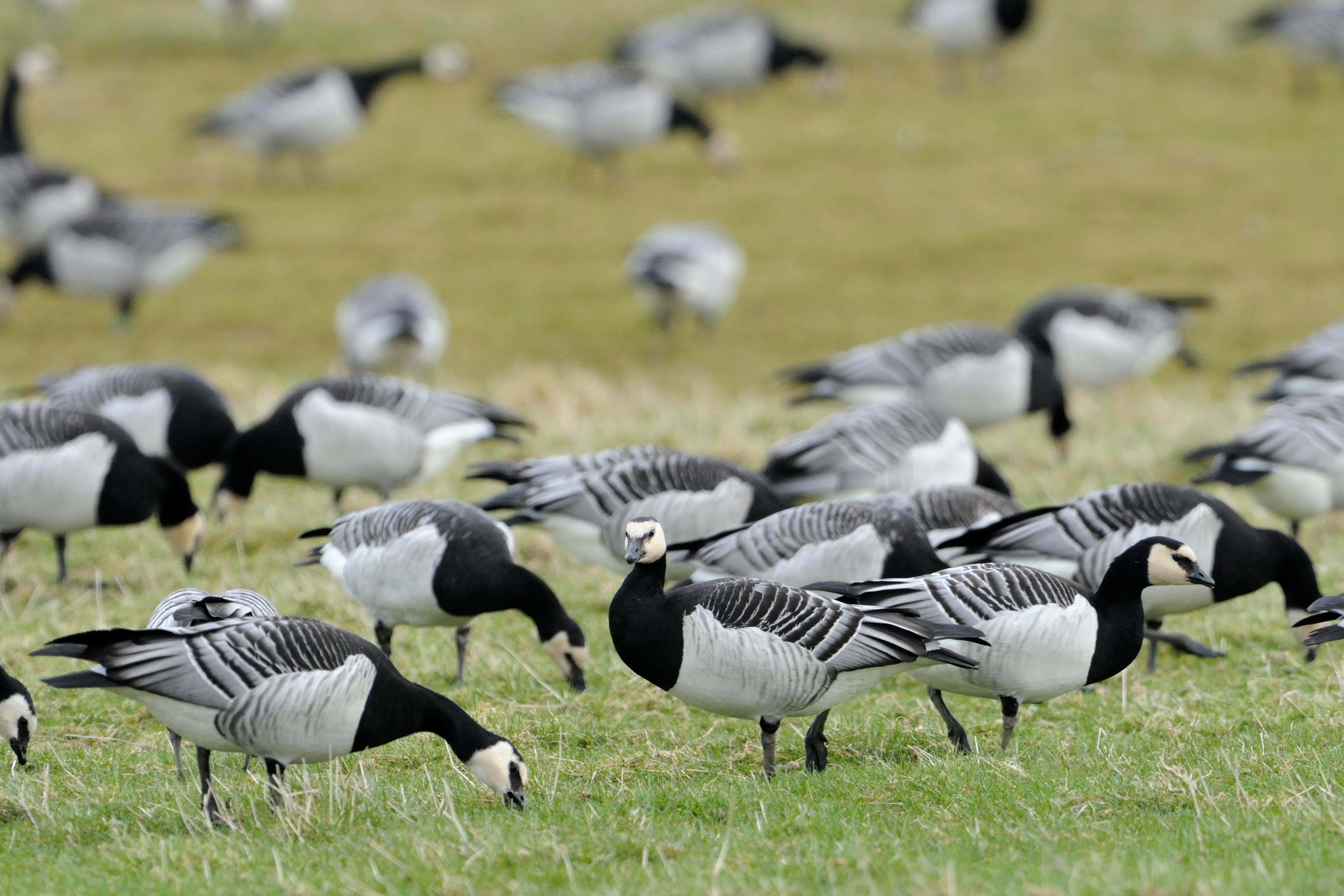Avian flu threatens survival of some bird species in Scotland, study suggests
The NatureScot report analysed the effects of the unprecedented avian flu outbreak among wild birds since 2021.

Your support helps us to tell the story
From reproductive rights to climate change to Big Tech, The Independent is on the ground when the story is developing. Whether it's investigating the financials of Elon Musk's pro-Trump PAC or producing our latest documentary, 'The A Word', which shines a light on the American women fighting for reproductive rights, we know how important it is to parse out the facts from the messaging.
At such a critical moment in US history, we need reporters on the ground. Your donation allows us to keep sending journalists to speak to both sides of the story.
The Independent is trusted by Americans across the entire political spectrum. And unlike many other quality news outlets, we choose not to lock Americans out of our reporting and analysis with paywalls. We believe quality journalism should be available to everyone, paid for by those who can afford it.
Your support makes all the difference.Experts have warned that bird flu “may threaten the very survival of some species” in Scotland.
The study, which looked at avian flu in wild birds, found long-term conservation measures will be the most effective tool against the virus.
The NatureScot report, published on Tuesday, analysed the unprecedented avian flu outbreak among wild birds since 2021, providing advice to support the work of Scotland’s avian flu task force.
Alastair MacGugan, a NatureScot wildlife manager, said: “Although there’s no silver bullet to solve this complicated dilemma, this report will be a great help as the task force plan action to reduce the effect of avian flu on Scotland’s important populations of wild birds.
“This is an upmost priority for our partners and ourselves as the geographic scale, range of species of wild birds affected, and severity of impacts, may threaten the very survival of some species.
“We have already stepped up our collaborative monitoring work in Scotland, and will continue to build on the recommendations in this vital report to make sure seabirds in Scotland have the best chance possible to rebound from the effects of this disease.”
The study found the number of wild birds which have been affected by avian flu in Scotland is unclear, as not all dead birds are found or reported.
However, the worst hit species is the population of barnacle geese originating in Svalbard, Norway. The virus was first detected in them in late October 2021 as they wintered in the Solway Firth region.
By the end of that winter, estimates suggest 13,200 of the geese – about a third of the migrating population – had been killed by the virus.
Barnacle geese originating from Greenland have been the most affected wild birds this year with 1,190 deaths from the virus recorded and local population counts suggesting actual losses of at least 5,000 birds.
Other species hit by avian flu include raptors such as golden eagles and buzzards, as well as seabirds such as herring gulls and gannets.
The report highlighted that bird flu will continue to be an issue for wild birds into the 2023 nesting season and beyond.
It found the most effective solutions will likely be long-term conservation measures for species which are particularly susceptible, accompanied by enhanced disease surveillance, monitoring, and continued research.
The study also looked at the effectiveness and benefits of short-term measures and found once bird flu is present in the wild bird population, it is difficult to control.
Measures such as carcass removal or reducing human activity across sites are unlikely to significantly reduce the impact of an outbreak on wild birds.
Professor Dan Haydon, population ecologist at the University of Glasgow, said the report was an “important and timely” piece of work to protect the seabird population.
He said: “We were pleased to be able to collaborate with a range of experts and advise on the route we need to take to better understand this avian flu outbreak and help manage seabirds into the future.”